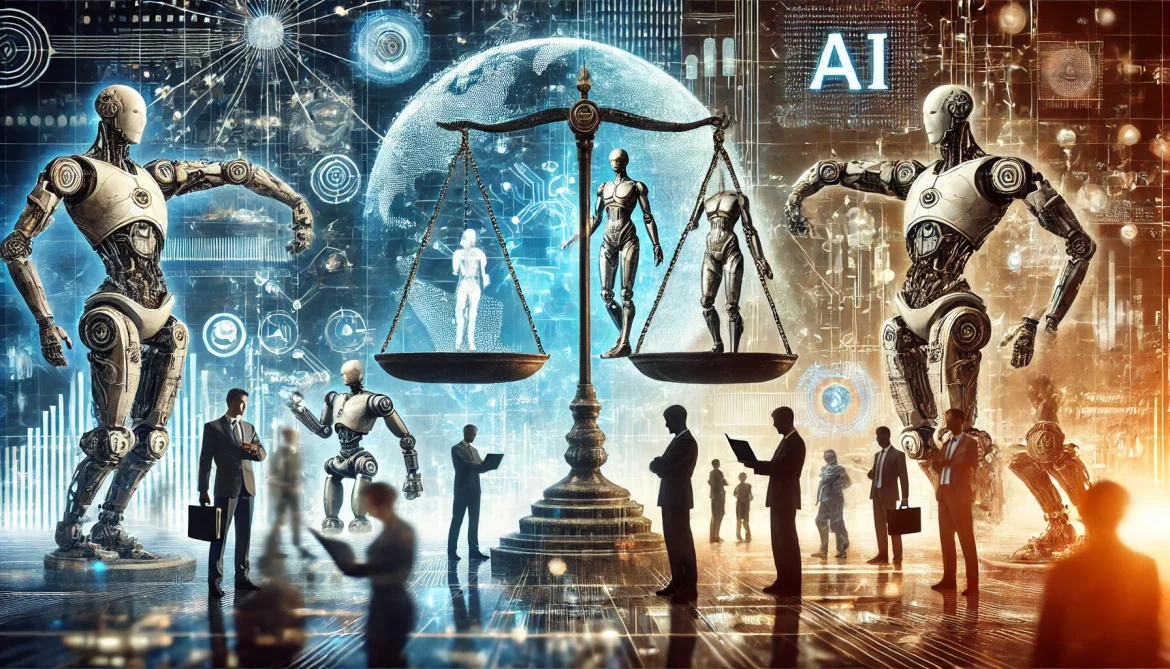As artificial intelligence (AI) continues to revolutionize industries worldwide, at least four in ten companies are planning significant workforce reductions within the next five years. This finding is part of the World Economic Forum’s latest “Future of Jobs Report,” which sheds light on the impact of AI and automation on the global labor market.
The survey reveals that many companies see advanced AI as a cost-effective alternative to human labor, with employers stating that certain roles can now be performed by technology. While this shift represents a leap in efficiency and innovation, it also raises concerns about job displacement across various sectors.
Despite the looming wave of job cuts, over three-quarters of employers express a commitment to “reskilling and upskilling” their existing workforce. Companies are increasingly recognizing the importance of preparing employees to adapt to AI integration. Workers are being trained to manage and collaborate with AI systems, ensuring they remain relevant in a rapidly evolving job market.
The report highlights a growing trend toward hybrid roles, blending human creativity and problem-solving skills with the efficiency of AI-driven processes. Fields such as data analytics, machine learning, and cybersecurity are experiencing heightened demand, creating new opportunities for workers who adapt to these changes. However, industries relying heavily on routine or manual tasks are expected to face the brunt of AI-driven job displacement.
While some experts view AI as an enabler of economic growth and innovation, others warn of potential inequalities if workforce transitions are not managed effectively. Policymakers and companies are urged to collaborate on initiatives that balance technological progress with human welfare, including robust education and training programs to support displaced workers.
As AI becomes an integral part of global operations, businesses are also navigating ethical considerations and regulatory frameworks. Companies are exploring ways to implement AI responsibly while addressing concerns about bias, transparency, and privacy.
The findings underscore a pivotal moment for employers, employees, and policymakers alike. While technological advancements promise unprecedented efficiencies, the human workforce remains central to ensuring these innovations are implemented responsibly and sustainably.



